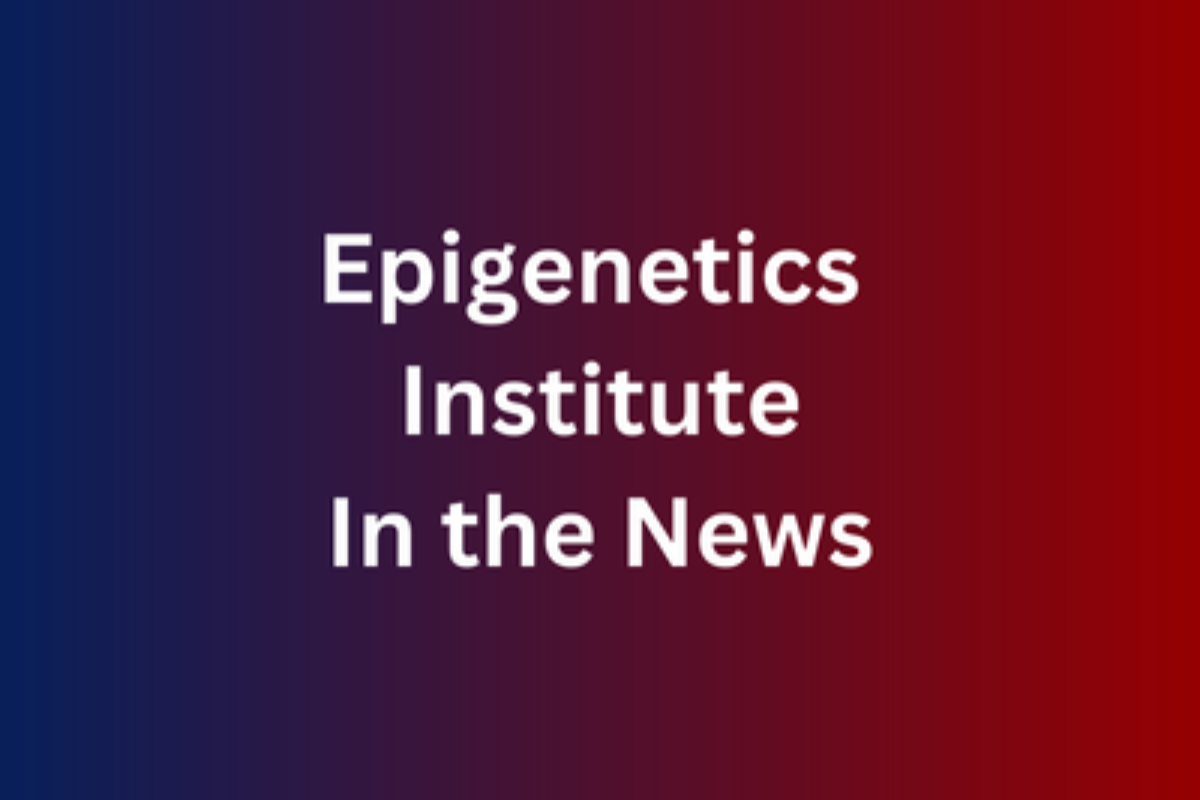The study, led by Tong Wang, MD/PhD student in the Kohli Lab, demonstrates a new technique that requires smaller DNA samples for testing and opens up potential new opportunities for next-generation diagnostics. Read the full article at Penn Medicine news or below.
——————————————-
Researchers from the Perelman School of Medicine at the University of Pennsylvania have invented a new way to map specific DNA markings called 5-methylcytosine (5mC) which regulate gene expression and have key roles in health and disease. The innovative technique allows for scientists to profile DNA using very small samples and without damaging the sample which means it can potentially be used in liquid biopsies (testing for cancer markers in the bloodstream) and early cancer detection. Additionally, unlike current methods, it also can clearly identify 5mC without confusing it with other common markings. The new approach, named Direct Methylation Sequencing (DM-Seq), is detailed in a Nature Chemical Biology article today.
Beyond the primary bases of DNA (adenine, cytosine, guanine, and thymine), there is an added layer of information in DNA modifications that control what genes are “on” or “off” in any given cell type. 5mC is considered to be one of the most important of these modifications, as it is the most common type of DNA modification in all mammals and is known for silencing certain genes.
“5mC can act as a fingerprint for cell identity, so it’s important for scientists to have the power to isolate 5mC and only 5mC,” said Rahul Kohli, MD, PhD, an associate professor of Biochemistry and Biophysics at Penn Medicine and a senior author of the study. “DM-Seq uses two enzymes to map 5mC and can be applied to sparse DNA samples which means it could be used, for example, in blood tests that look for DNA released into the blood from tumors or other diseases tissues.” The study was led by Tong Wang, an MD/PhD student in Kohli’s lab.
DNA modifications such as 5mC function as epigenetic (reversible, environmentally-caused) regulators that alter how DNA is read. 5mC involves the attachment of a small cluster of atoms called a methyl group at a particular site on a cytosine, also known as the letter “C” in the four-letter DNA alphabet. The presence of this modification can impede the expression of nearby DNA through direct and indirect mechanisms.
The DNA that is rendered inactive by 5mC includes protein-encoding genes whose activity may not be appropriate in a given cell type at a given stage of life, as well as virus-like elements in DNA that should always be suppressed. Unsurprisingly, the abnormal absence or excess of 5mC can lead to abnormal gene expression, which can drive diseases such as cancers. Certain abnormal patterns of 5mCs are considered signatures of some cancers—which underscores the importance of having an accurate and specific 5mC mapping method.
Methods for mapping 5mC use chemicals or enzymes that react with 5mC and normal unmodified cytosine in different ways, allowing the two to be distinguished. But the traditional method, bisulfite sequencing (BS-Seq), is significantly damaging to DNA, and fails to distinguish between 5mC and another important type of methylation called 5-hydroxymethylcytosine (5hmC). More recently developed methods also have shortcomings including the requirement for relatively large amounts of DNA.
DM-Seq utilizes two enzymes that can modify DNA, a designer DNA methyltransferase and a DNA deaminase, which together can detect 5mC directly and specifically. It also is sensitive enough to be done with nanogram amounts of DNA, which makes it suitable for liquid biopsy applications.
The researchers performed DM-Seq on glioblastoma-type brain tumor samples and demonstrated that, in comparison with traditional BS-Seq, DM-Seq was better able to distinguish 5mC from 5hmC at key sites on the genome where methylation levels can be used to predict patient outcomes.
The researchers also compared DM-Seq to another new, emerging 5mC-sequencing technique called TAPS, which is being explored for potential applications in cancer diagnostics, showing that the latter has a previously undiscovered drawback that reduces its 5mC-detection sensitivity.
“These findings highlight ways in which direct detection of 5mC from DM-Seq, rather than traditional sequencing methods, could advance efforts to use epigenetic sequencing for prognostic purposes in cancer care,” Kohli said.
Along with Kohli and Wang, other Penn authors included Johanna Fowler, Laura Liu, Christian Loo, Meiqi Luo, Emily Schutsky, Kiara Berríos, Jamie DeNizio, Saira Montermoso, Bianca Pingul, MacLean Nasrallah, and Hao Wu.
The research was supported by the National Institutes of Health (R01-HG10646).










